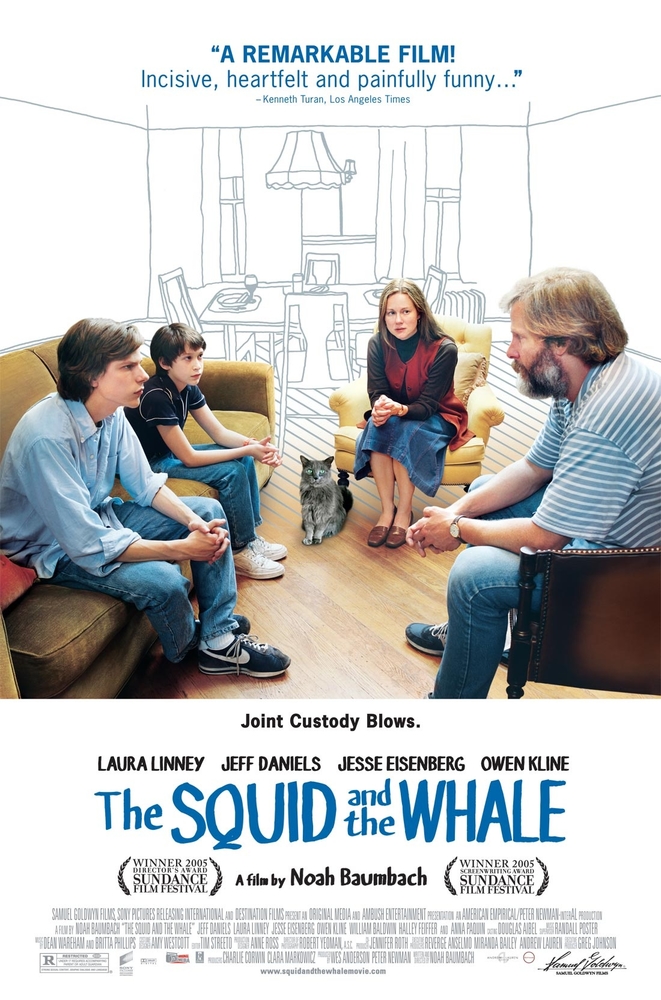
The main story of the first round of the #FrenchElections2022 is not at the extremes but at the heart of liberal democracy. And it's not a particularly French story, although there are certain French particularities. A speculative thread. 🧵
https://twitter.com/CasMudde/status/1513216292223959057
1. Far right is not big winner. Le Pen gains 2%, which is minimal, while other far right (Zemmour and Dupont-Aignan), get 5% more than D-A got in 2017.
Zemmour's support is part poor given massive media attention for him as well as his support from within mainstream right.
Zemmour's support is part poor given massive media attention for him as well as his support from within mainstream right.
2. This +7% for the combined far right should be seen in the context of the main story of today, the complete implosion of Les Républicains, the mainstream right, which lost 15% (!) compared to 2017.
3. At the same time, the +4% for Macron misses an important dimension: Macron has lost his magic and momentum. While he broke up the old party system, causing dealignment, it is doubtful he achieved real realignment.
4. As @RainbowMurray has pointed out, a majority of voters supported anti-system parties -- not necessarily anti-(liberal)democratic, but anti-system nevertheless.
https://twitter.com/RainbowMurray/status/1513217692299317250
5. Obviously, the result for Mélenchon is good, but it is almost the same as in 2017, and comes after a steep increase in the last weeks. In other words, only part (half?) of those voters are truly "his".
6. As @JeremyCliffe has emphasized, the real story is the complete implosion of the center-left and center-right this time. PS already imploded in 2017, LR did today.
https://twitter.com/JeremyCliffe/status/1513218465087336455
7. The implosion of PS and LR is undoubtedly also related to the lack of strong candidates and doesn't need to mean the end of the two parties -- quite remarkably, SPÖ and ÖVP have rebounded strong from 2016 presidential debacle.
8. But Austrian parties are much stronger organizations, with more benefits, and France has different political system, semi-presidential, in which leaders are more central and important. Hence, while they might rebounce a bit in parliamentary elections, this is more structural.
9. France is more generally a weird mix in comparatively perspective. It was much earlier in its move to the (far) right, while still excluding the main far right party, but much later with its Blairite revolution.
10. The cooptation of far right ideas already happened in the third wave, particularly in the 1990s, by both the then RPR and even the PS. But except for a short period, FN was mostly excluded in the so-called cordon sanitaire.
11. At the same time, the PS was much less captured by the Blairite centrist course, in which the market was embraced and, importantly, politics was depoliticized -- it was now about "pragmatism".
12. This explains to a large extent the late and rather unique success of Macron, who offered something most other West European countries had already tried decade(s) before: a depoliticized, even anti-political, "pragmatic" politics of the center.
13. Of course, Macron did this outside of the main center-left party, thereby destroying that organization, while his success in courting the center-right elites, marginalized within the radicalized LR, weakened that party too.
14. The problem is, as we have seen after Blair and Schroeder, that the Blairite strategy does not just weakens the center-left, both ideologically and electorally, but also further weakens liberal democracy.
15. This is in part because it generates frustration with the center-left, and to some extent the center-right that copies it, which decreases turnout and increases votes for radical left and right.
16. But, more importantly, it does so by its fairly open anti-political discourse as well as its inherently authoritarian style. Moreover, it raises expectations that are then not fulfilled, making people withdraw from liberal democracy/liberal democratic parties after all.
17. Hence, what we end up with is:
1) lower turnout
2) higher support for radical parties
3) less satisfaction with the system
4) looser ties between voters and parties
5) more negative voting
1) lower turnout
2) higher support for radical parties
3) less satisfaction with the system
4) looser ties between voters and parties
5) more negative voting
18. Centrist voters have been "keeping their nose" since 2002 to keep a Le Pen out of the Elysee. They won't keep doing that. Moreover, fewer and fewer will do it.
19. And as long as the main "liberal democratic" campaigns are negative, i.e. anti-far right, nothing constructive is being built. And so we simply postpone the inevitable.
20. At this point, there are only two strong political forces in France, the far right (perhaps RN, perhaps a more dangerous "national conservative" coalition under Marion Marechal) and Macron. One is an ideological bloc, with a strong organization, another one single person.
21. Long-term, France is at a great point. Both LR and PS have shown to be over. This could create space and energy to build a new center-right and center-left infrastructure, including new parties. Untainted by dubious past policies and persons.
22. Short-term, France is at a terrible point. There is one strong organization/ideological bloc and one person who can keep them from power, Macron, who comes with many flaws and keeps his camp dependent upon him.
23. This opposition between a strong far right, ideologically and organizationally, and a weak liberal democratic camp, in the same terms, is not unique to France, but it is more pronounced there than in most other countries.
24. Despite remarkable support in presidential elections, I don't see his party as a stable organization, that can capture and keep a sizeable part of the electorate (leaving aside its problematic relationship to liberal democracy).
25. Only way forward is to re-politicize politics. To fight two struggles, one short-term and one long-term. The long-term is to develop and defend positive political agendas that are deeply and explicitly rooted in liberal democracy (which is not same as going back to 1980/90s).
26. Ideological reorientations of social democrats, Christian democrats, greens, and conservatives, adapted to the challenges and expectations of the 21st century and aware and honest about politics in fragmented party systems.
27. The short-term struggle is a more pragmatic politics of liberal democratic defense, in which broad, temporary coalitions have to be formed to save the liberal democratic system, so that another specific (progressive) struggle can be fought another day. #TheEnd
Now I'm tired and I'm going offline. Thanks for reading! 🙏
Also, if you want to know more about French politics, here are some good accounts/people to follow:
@RainbowMurray
@CFieschi
@BenLeruth
@GillesIvaldi
Also, if you want to know more about French politics, here are some good accounts/people to follow:
@RainbowMurray
@CFieschi
@BenLeruth
@GillesIvaldi
• • •
Missing some Tweet in this thread? You can try to
force a refresh









